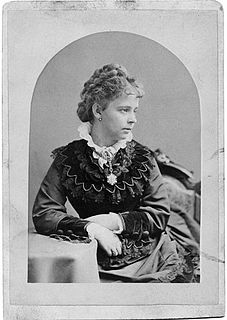A Quote by Ursula K. Le Guin
Related Quotes
The desert takes our dreams away from us, and they don't always return. We know that, and we are used to it. Those who don't return become a part of the clouds, a part of the animals that hide in the ravines and of the water that comes from the earth. They become part of everything. They become the Soul of the World.
I come from a school of people, folk singers, and the tradition there is troubadours, and you're carrying a message. Admittedly, our job is partly just to make you boogie, just make you want to dance. Part of our job is to take you on a little voyage, tell you a story.But part of our job is to communicate the way a town crier did: It's 12:00 and all is well, or it's 11:30 and the whole Congress is sold. It's part of the job.
"Pieces" almost always appear 'as parts' in whole processes. ... To sever a "'part" from the organized whole in which it occurs-whether it itself be a subsidiary whole or an "element"-is a very real process usually involving alterations in that "part". Modifications of a part frequently involve changes elsewhere in the whole itself. Nor is the nature of these alterations arbitrary, for they too are determined by whole-conditions.
Love is a dangerous thing. It comes in disguise to change our life... Lust is the deceiver. Lust wrenches our lives until nothing matters except the one we think we love, and under that deceptive spell we kill for them, give all for them, and then, when we have what we have wanted, we discover that it is all an illusion and nothing is there. Lust is a voyage to nowhere, to an empty land, but some men just love such voyages and never care about the destination. Love is a voyage too, a voyage with no destination except death, but a voyage of bliss.






































